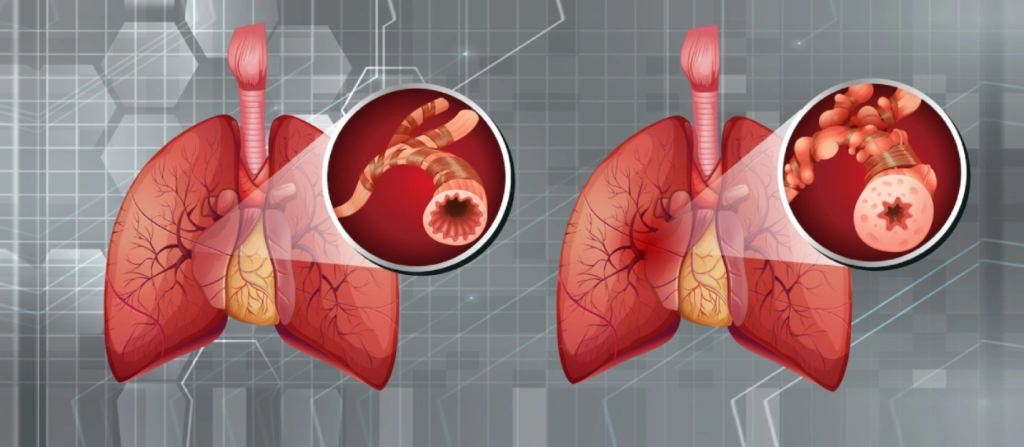Let’s talk about a dirty little secret in COPD care: most people are using their inhalers all wrong. Studies show that up to 90% of patients don’t use their devices correctly. Think about that. You could be doing everything else right—taking your walks, eating well—but if that vital medicine isn’t getting deep into your lungs where it belongs, you’re just going through the motions.
It’s like having a key to your front door, but fumbling with the lock. You never quite get inside. The result? Poor symptom control, more flare-ups, and a feeling that your treatments “just don’t work.”
The Usual Suspects: Where Your Inhaler Routine Goes Wrong
Different inhalers have different tricks. Here’s where things often fall apart:
- The Spray-and-Pray (Metered-Dose Inhalers): The classic “puffer” requires a perfect sync between pressing the canister and breathing in slowly. A split-second mistiming, and the medicine sprays onto your tongue or the back of your throat instead of your airways.
- The Weak Suck (Dry Powder Inhalers): These devices don’t spray; they require you to breathe in forcefully and deeply to pull the powder out. A gentle, shallow breath won’t cut it.
- The Exhale Fumble: Blowing into your inhaler before you inhale can ruin the dose in a dry powder device.
- The Forgotten Hold: Not holding your breath for 5-10 seconds after inhaling means the medicine doesn’t have time to settle in your lungs.
Take Control: Become the Boss of Your Puffs
You don’t have to be part of that 90%. You can make sure every dose counts.
- Demand a Demo. Don’t Just Nod. The next time you see your doctor or pharmacist, don’t just say “I’ve got it.” Bring your inhaler and show them your technique. Let them coach you. There’s no shame in getting it right.
- Ask About a Spacer. If you use a metered-dose inhaler (puffer), a spacer or valved holding chamber is a game-changer. It acts like a middleman, holding the medicine in a chamber so you can inhale it slowly and deeply, with no timing required. It dramatically improves how much medicine reaches your lungs.
- Stick to the Script. Rescue inhalers (like albuterol) are for sudden symptoms. Maintenance inhalers are for every day, whether you feel great or not. Using your maintenance meds consistently is what keeps the inflammation down and prevents bad days. Skipping them because you “feel fine” is like canceling your insurance right before a storm.
Your inhaler is one of the most powerful tools in your toolbox. But a tool is only as good as the person using it. Take the time to master it. Your lungs will thank you for it.



